Benedikt Jahnel Trio - The Invariant (2017)
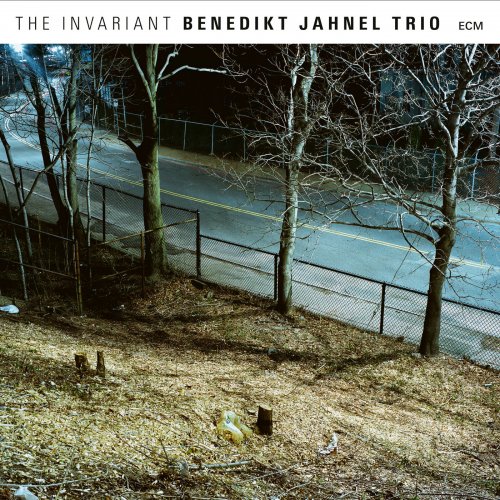
Artist: Benedikt Jahnel Trio
Title: The Invariant
Year Of Release: 2017
Label: ECM
Genre: Contemporary Jazz
Quality: FLAC (tracks) / MP3 320 Kbps
Total Time: 45:29
Total Size: 266 Mb / 124 Mb
WebSite: Album Preview
Tracklist: Title: The Invariant
Year Of Release: 2017
Label: ECM
Genre: Contemporary Jazz
Quality: FLAC (tracks) / MP3 320 Kbps
Total Time: 45:29
Total Size: 266 Mb / 124 Mb
WebSite: Album Preview
1. Further Cosequences 5:49
2. The Circuit 5:10
3. Mirrors 9:31
4. Mono Lake 3:48
5. Part Of The Game 6:44
6. For The Encore 5:39
7. Interpolation One 3:55
8. En Passant 4:50
Personnel:
Benedikt Jahnel, Piano
Antonio Miguel, Double Bass
Owen Howard, Drums
Sometimes there's no substitute for experience, as demonstrated by this trio as it celebrates its tenth anniversary as a working unit. Last heard on Equilibrium (ECM, 2012), it's an international group that met through a series of lucky coincidences: Berlin-based pianist/composer Benedikt Jahnel is joined by Spanish bassist Antonio Miguel and Canadian drummer Owen Howard. Jahnel has also appeared on ECM as a member of Cyminology, a jazz group with culturally and ethnically diverse influences which primarily performs with Persian lyrics sung by Cymin Samawatie.
Opener "Further Consequences" starts things off in odd-metered, yet swinging fashion. "The Circuit" continues that feeling, with Howard again using brushes; the tune ends somewhat unconventionally, on a lyrical bass solo from Miguel. "Mirrors" is the longest track on the program. It features a long, monumental sounding theme that unwinds slowly. There is a striking breakdown section featuring an unaccompanied bass solo (with piano and drum commentary), before returning to the grand theme. It's a striking piece, full of both structure and a sense of freedom in the playing.
"Part Of The Game" finds its energy in an insistent ostinato rhythm, initially set up by Howard's drums, which have an especially prominent role through the entire piece. While certainly not just a drum feature, it does put a special focus on rhythm. The energy never lets up, but the group finds plenty of variety in the development. "For The Encore" is perversely not placed at the end of the program—but it has a deliberate calm that would work very well for a quiet encore after an energetic set. "Interpolation One" is built upon a slow ostinato, from which the thematic material emerges. The encore feeling is revisited in the ballad "En Passant" (named for a chess move) that ends the album.
Among the many ECM piano trios Jahnel's trio leans more toward the compositional side of the composition/improvisation spectrum. But it's still very much a jazz band, with all of the players making a significant contribution to the sound.
Opener "Further Consequences" starts things off in odd-metered, yet swinging fashion. "The Circuit" continues that feeling, with Howard again using brushes; the tune ends somewhat unconventionally, on a lyrical bass solo from Miguel. "Mirrors" is the longest track on the program. It features a long, monumental sounding theme that unwinds slowly. There is a striking breakdown section featuring an unaccompanied bass solo (with piano and drum commentary), before returning to the grand theme. It's a striking piece, full of both structure and a sense of freedom in the playing.
"Part Of The Game" finds its energy in an insistent ostinato rhythm, initially set up by Howard's drums, which have an especially prominent role through the entire piece. While certainly not just a drum feature, it does put a special focus on rhythm. The energy never lets up, but the group finds plenty of variety in the development. "For The Encore" is perversely not placed at the end of the program—but it has a deliberate calm that would work very well for a quiet encore after an energetic set. "Interpolation One" is built upon a slow ostinato, from which the thematic material emerges. The encore feeling is revisited in the ballad "En Passant" (named for a chess move) that ends the album.
Among the many ECM piano trios Jahnel's trio leans more toward the compositional side of the composition/improvisation spectrum. But it's still very much a jazz band, with all of the players making a significant contribution to the sound.
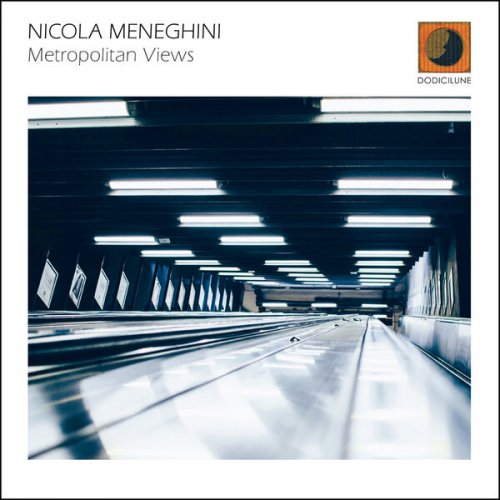
![Ex Novo Ensemble - OSVALDO COLUCCINO: Emblema (2018) [Hi-Res] Ex Novo Ensemble - OSVALDO COLUCCINO: Emblema (2018) [Hi-Res]](https://img.israbox.com/img/2026-02/22/ot6pocjri3hisq06iz4768yl5.jpg)
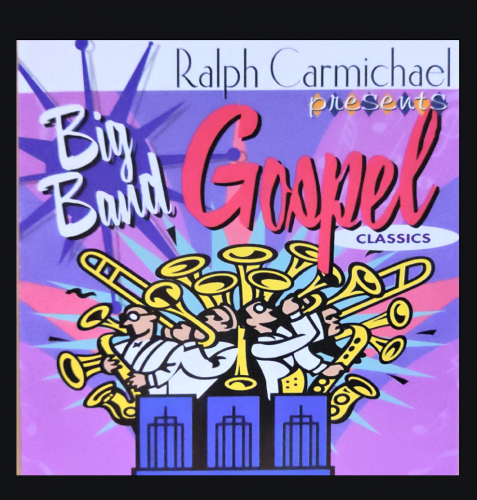
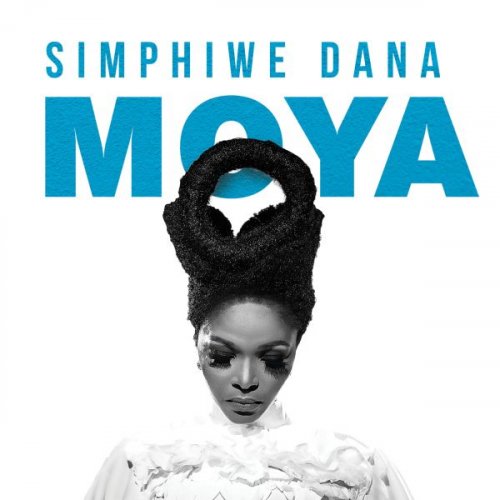
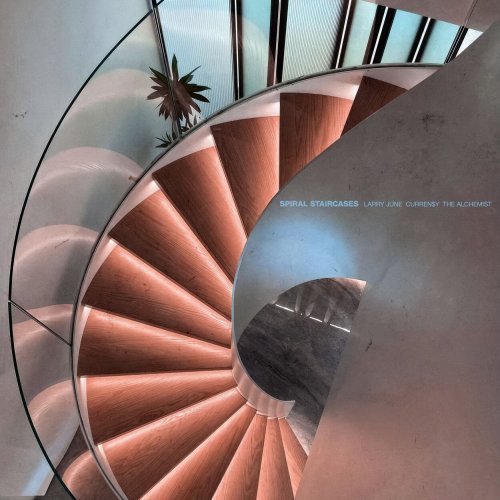
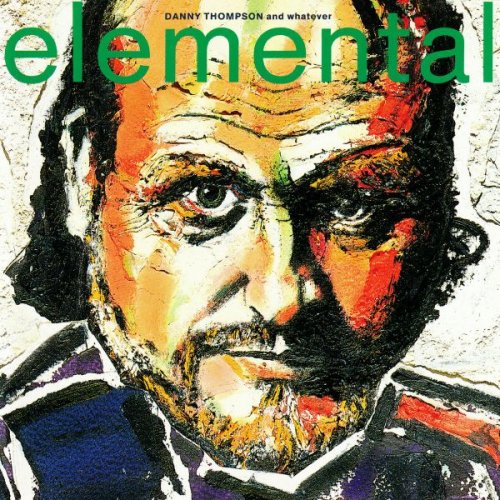

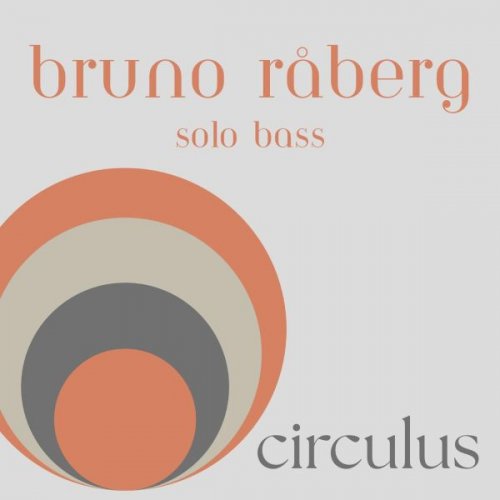
![Ex Novo Ensemble - Claudio Ambrosini: Chamber Music (2020) [Hi-Res] Ex Novo Ensemble - Claudio Ambrosini: Chamber Music (2020) [Hi-Res]](https://img.israbox.com/img/2026-02/22/z541qb9ul4q390uxlw1d9iak3.jpg)